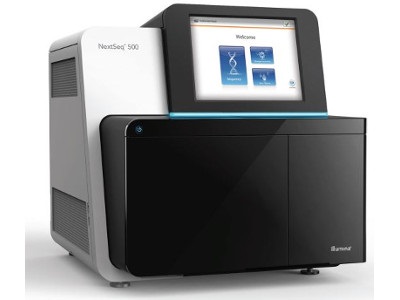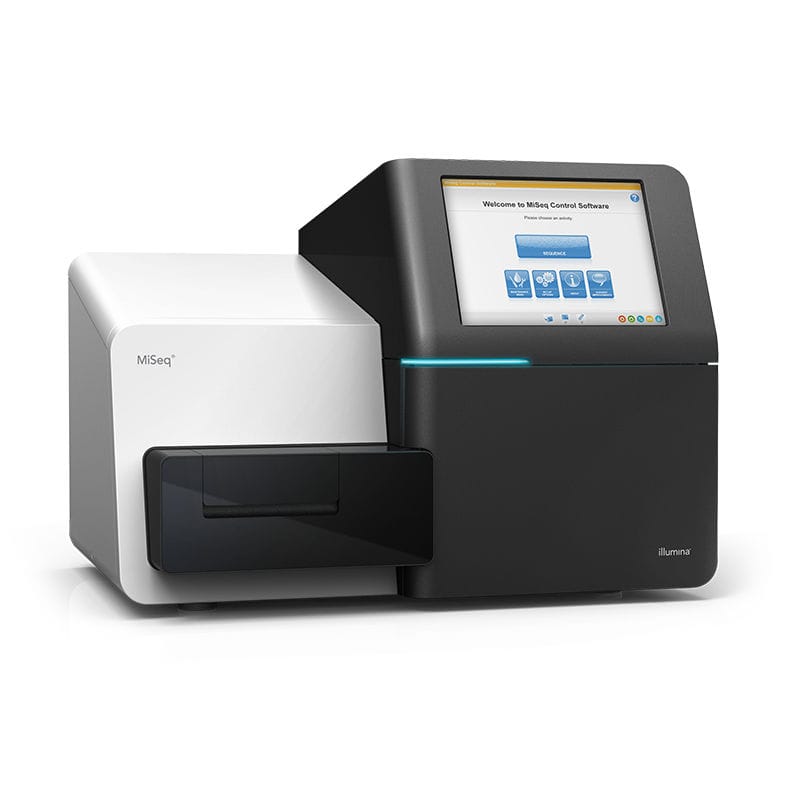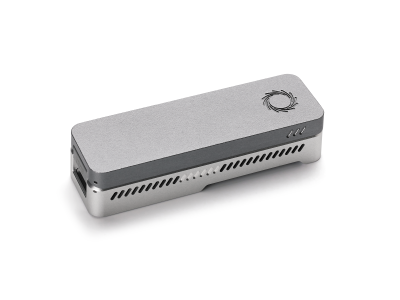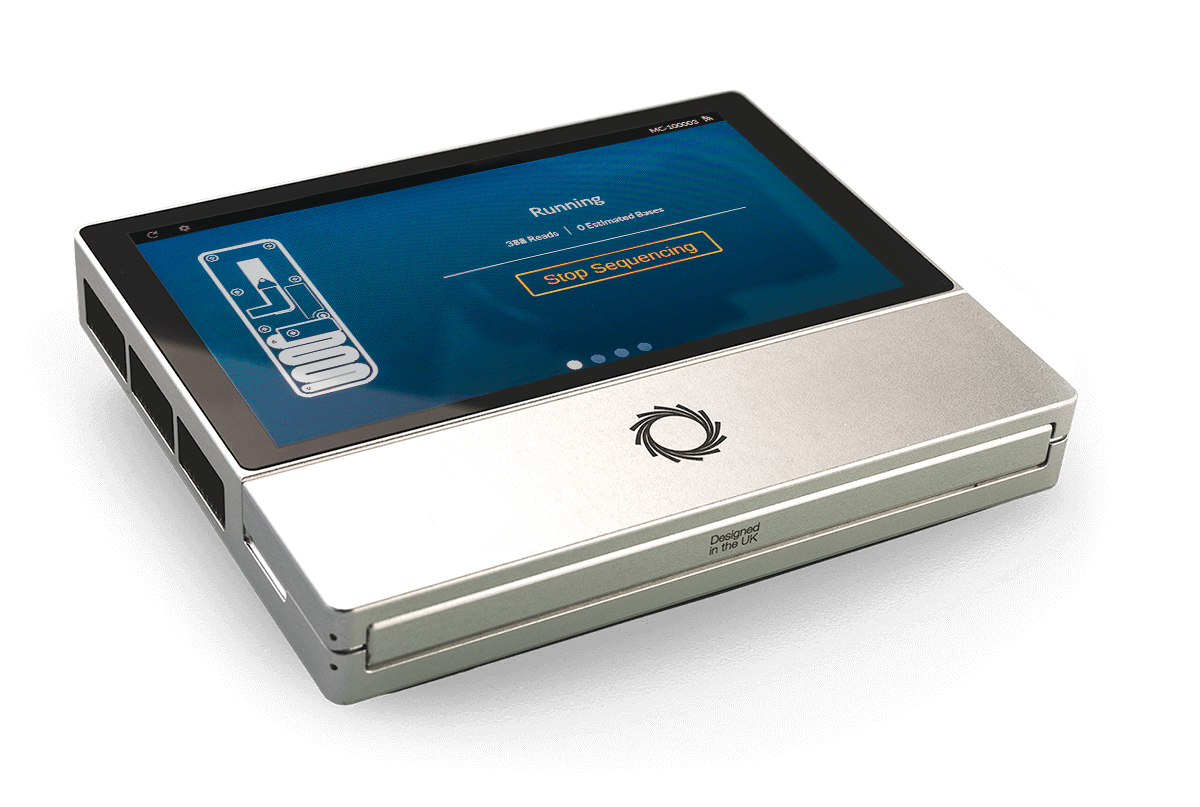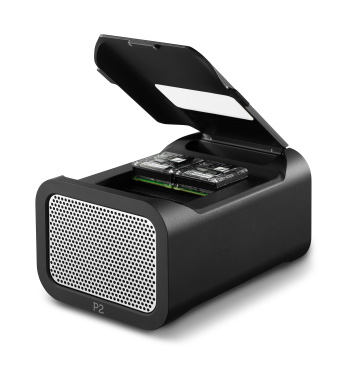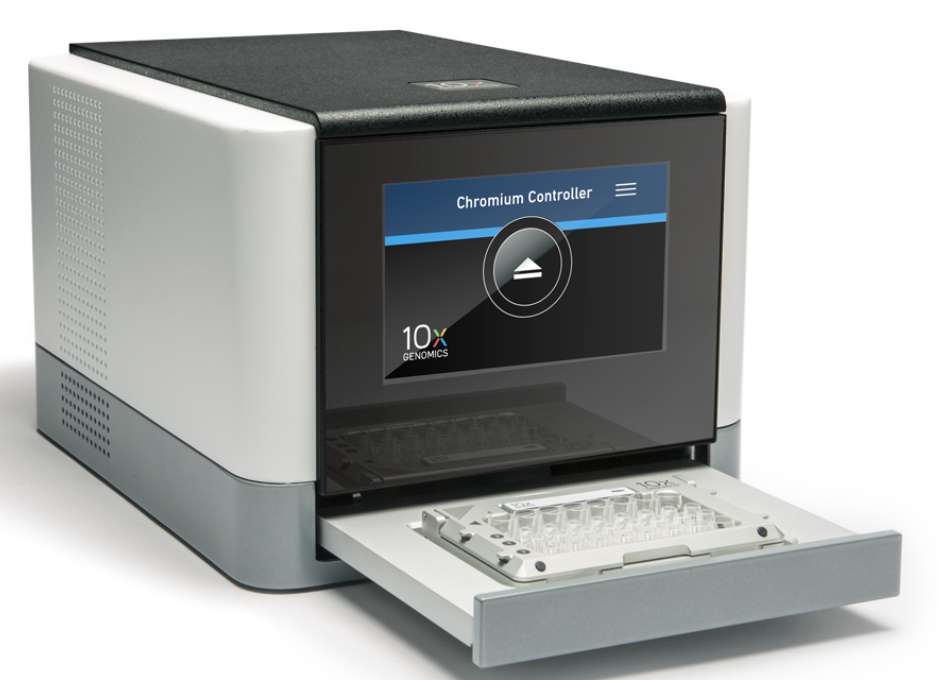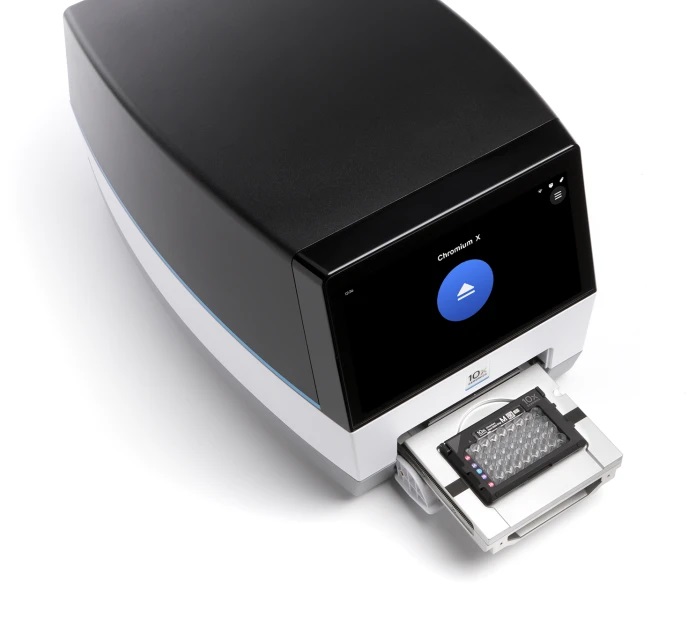Sequencing platform
Presentation
Presentation of the IGFL's Sequencing platform
The IGFL’s sequencing platform undertakes deep sequencing projects of different scales with the latest next generation sequencing (NGS) technologies.
Since 2012, we've acquired considerable expertise via a range of unique, atypical and diverse projects, often requiring the development of customised methodologies.
The platform operates predominantly in a collaborative mode with both academic and private sectors.
Activities
The sequencing platform designs and executes - in close concertation with users - projects with a wide range of applications. Sequencing facilities allow for small to large scale projects, and for long or short reads. We recommend you contact us as upstream as possible to determine the optimal sequencing strategy for your project.
Numerous applications and domains are possible given the different equipment available, including for example: de novo sequencing of small and medium sized genomes, RNA (mRNA, microRNA, Dual RNAseq), ChIPseq, transcriptomic and metagenomic studies (bacterial diversity, eDNA using various nuclear, mitochondrial or chloroplast markers), screening projects (e.g. CRISPR), as well as sequencing of targeted regions (e.g. gene panels) and amplicons.
Partner of the Equipex+ Spatial-Cell-ID project, the platform carries out Single Cell/Nuclei projects (Parse Biosciences, 10X Genomics, etc.). As such, it is equipped with Chromium Controller and Chromium iX (10X Genomics) equipment, allowing the realization of Single Cell/Nuclei RNA (gene expression) or DNA (ATAC-seq) analyses.
The platform can propose certain primary bioinformatics analyses to users (mapping on reference genomes of a model species, assembly of small sequenced genomes) but not the secondary analyses nor the statistical analysis of data. We provide advice on different analytical tools available locally (e.g. the Galaxy analysis platform) or via academic or private sector subcontractors (several of which have previously collaborated with the platform).
In parallel with the development, testing and implementation of new sequencing protocols, the PSI platform conducts its own research in the field of environmental DNA (eDNA), studying in particular the diversity of living organisms at different levels (vertebrates, bacteria,...) through various approaches (metagenomics, barcoding, metabarcoding, impact studies,...) within complex natural environments (water, soil...) or microbiota. The PSI platform is currently a partner in several ANR research projects (HYPOTHYRO in 2022, ADAPT in 2023, GUTSTUNTING in 2024, ESSENTIAL in 2025).
Equipment
The platform is equipped with 6 high screening capacity sequencers of 2 technology types, short- and long-reads:
|
Technologies |
Sequencers/Equipment |
Sequence length |
Number of reads/run |
Duration of sequencing |
Applications |
|
|---|---|---|---|---|---|---|
|
|
Nextseq500
|
Single End : 75 or 150 pb Paired End : 2x75 or 2x150 pb |
130 - 400 million | 12 to 30 hours |
Transcriptomics (bulk or single cell) Targeted DNA sequencing (e.g. exomes) Whole genome sequencing (de novo or re-sequencing) Methylation and ChIP seq Screen CRISPR |
|
|
MiSeq
|
Single End : 50 to 300 bp Paired End : 2x25 to 2x300 bp |
1, 4, 15 or 25 million | 17 to 56 hours |
Screening Amplicon sequencing (e.g. metagenomics, Ampliseq or Panel) Small genomes (re)-sequencing |
||
|
|
Minion
|
From short to long fragments (several kb), or even ultra-long fragments (several tens of kb) | Thousand to million | Up to 72 hours |
Short and long reads from DNA, RNA or amplicons: Whole genome sequencing (de novo or re-sequencing) Detection of modified bases Transcriptomics (eg, isoforms) |
|
|
2 Mk1C
|
||||||
|
P2 Solo
|
Several million | |||||
|
|
Chromium Controller & iX
|
Single Cells or Nuclei encapsulation | Up to 10k cells | - |
Next-GEM & GEM-X technologies, Transcriptomics Single Cell (3’ mRNA, 5’ mRNA) Single Cell ATAC seq, Epi Multiome ATAC + Gene Expression |
|
Users can also benefit from the platform's equipment to construct DNA and RNA sequencing librairies (Qubit 4.0 Invitrogen, Tapestation 4150 Agilent, Nanodrop 2000 Thermofisher, sonicators (S220 Focused-ultrasonicator Covaris or Bioruptor Diagenode)...).
The platform has all the facilities, in particular laboratories in a confined clean room environment (around 100m2), to carry out projects using nucleic acids in limited quantities and/or degraded. The platform has set up go-forward procedures to limit the problems of contamination by exogenous nucleic acids.
SuPport and ADVICE
We can assist you at the different stages of your project including experimental design, the sequencing phase, and can also provide training regarding the qualification of your samples and construction of libraries for sequencing.
Organisation and members of the PSI’s team
The platform currently has a team of 7 people.
- Sandrine Hughes (CR CNRS) et Benjamin Gillet (IR HC CNRS) – co-direction PSI
- Yves Dusabyinema (IE CDD CNRS) - Molecular biology experiments
- Julien Dellinger (IE CDD ENS) – Bioinformatique
- Marie Fackeure (IE CDD ENS) - Molecular biology experiments
- Maelys Royer (Etudiante Licence professionnelle en apprentissage) - Molecular biology experiments
- Romain Guyot (IR CNRS – partial time)
The platform interacts with users on a regular basis and at internal seminars to report on projects and identify future directions for sequencing development.
Professional and continuing training
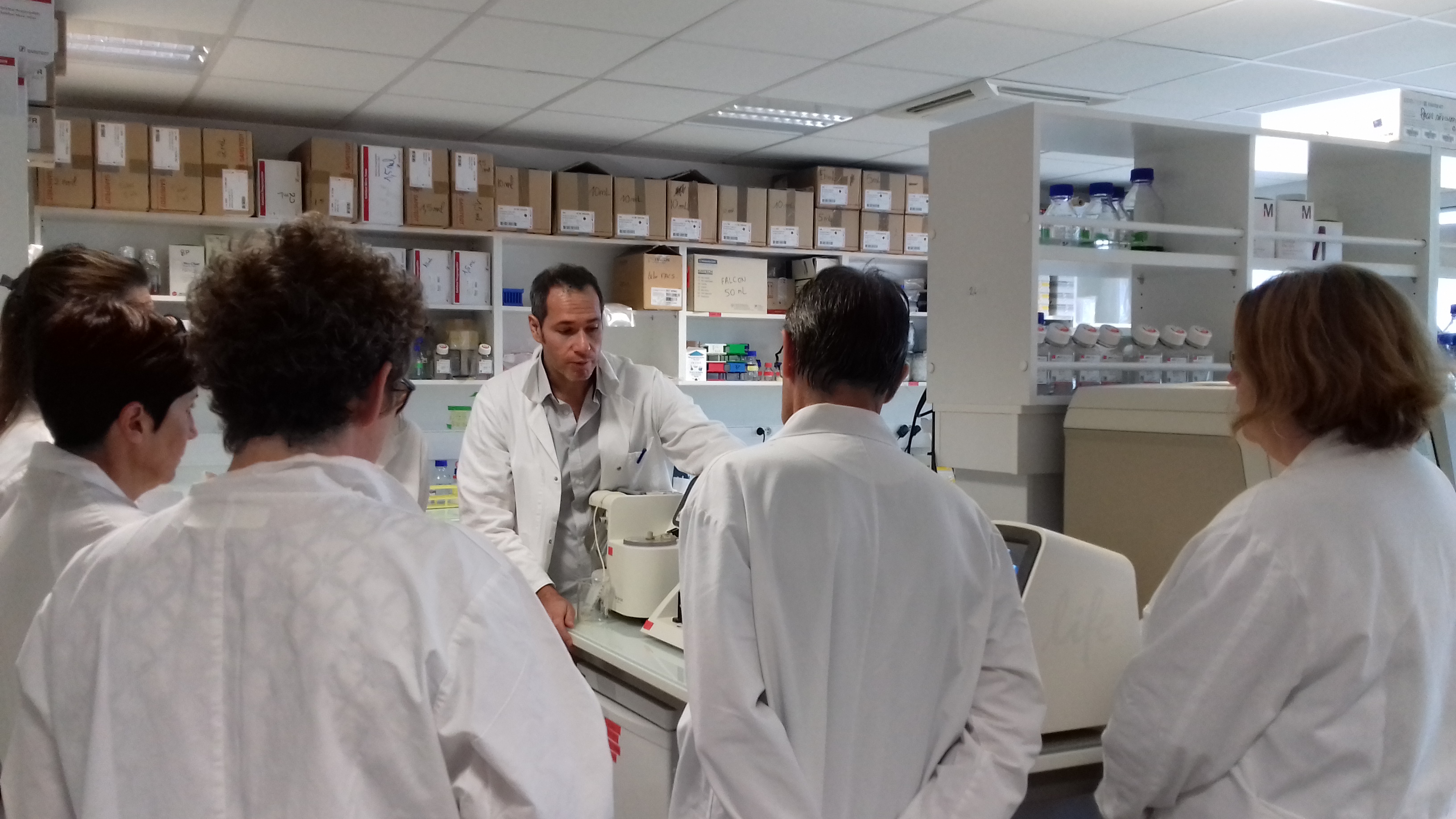
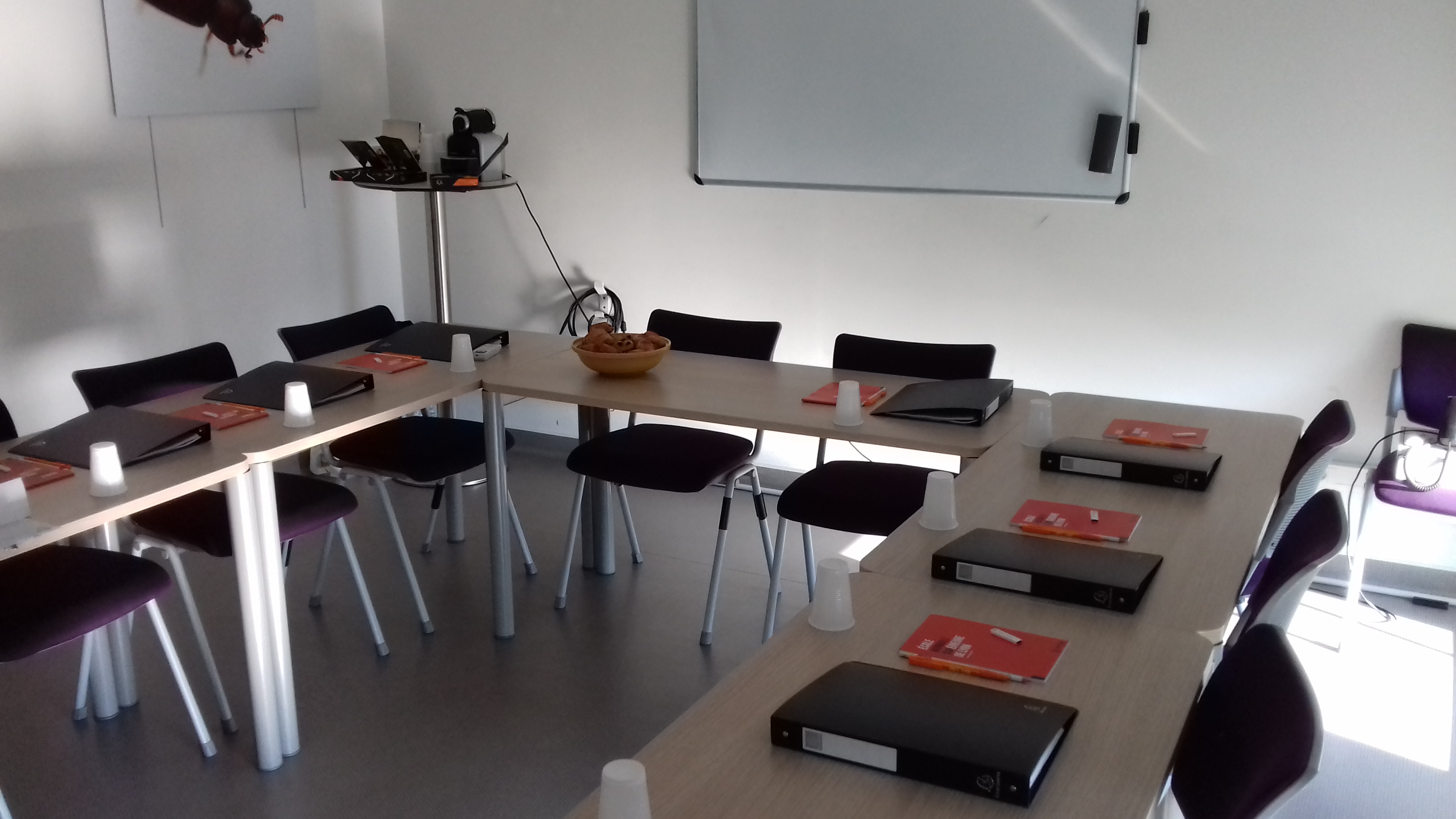
La plateforme NGS est impliquée dans plusieurs actions de formations professionnelles et continues :
- Formation théorique : « Principes et applications des nouvelles méthodes de séquençage à haut-débit (NGS) : choisir la technologie adaptée à son projet » - Formation Biosciences&Co / ENS de Lyon ;
- Formation théorique et pratique : « Préparer des banques pour les technologies NGS Illumina et Nanopore : les étapes pratiques et méthodologiques appliquées au séquençage short et long reads » - Formation CNRS Formation Entreprises ;
- Formation théorique et pratique : « Les étapes pratiques et méthodologiques du séquençage de grands fragments ("long reads") d'ADN et/ou d'ARN » - Formation CNRS Formation Entreprises ;
- Module d’enseignement pratique dans le cadre de l’UE Bioscience de l’ENS Lyon (depuis 2016) ;
- Cours NGS en Licence Professionnelle Bio-Industries et biotechnologies, Parcours Biochimie, biologie moléculaire et cellulaire pour le diagnostic in vitro et les biothérapies de l’UCB Lyon 1.
Implications in projects
The platform is a partner in and/or interacts with several projects.
ANR HYPOTHYRO - https://anr.fr/Projet-ANR-22-CE14-0026
ANR ADAPT - https://anr.fr/Projet-ANR-22-CE35-0005
ANR Gut Stunting - https://anr.fr/Projet-ANR-23-CE14-0034
ANR ESSENTIAL – A venir
Projet Européen H2020 REVEAL – K. Padmanabhan (IGFL) - http://reveal-h2020.ai/
EquipEX+ Spatial-Cell-ID – https://spatial-cell-id.ens-lyon.fr/
Costs
Please do not hesitate to contact us (Benjamin GILLET or Sandrine HUGHES) for more information or a quote.
Former platform members
Pascale Roux
Laetitia Lèbre
Maéva Nicolardot
Lalie Bellaton
Old equipments
SOLiD (Applied Biosystems, Thermofisher) – Arrêt 2017
PGM et Proton (Ion Torrent, Thermofisher) – Arrêt 2021
Ion Chef (Thermofisher) – Arrêt 2022



